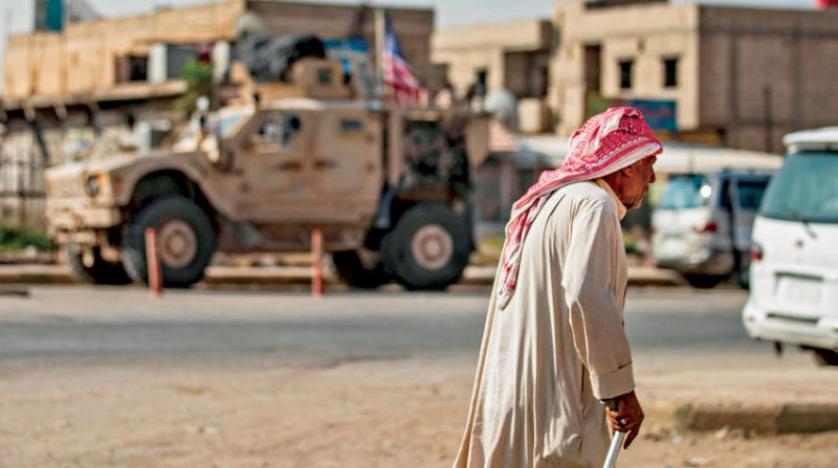Two rounds of unannounced talks between Russia and one side and the US and France on the other have revealed different approaches to resolve the Syrian conflict.
Moscow considers the Syrian presidential elections set to be held in mid-2021 as the point of intersection.
Moscow has been angered by US sanctions on Syrian officials and its efforts to stop Arab and Western countries to be involved in Syria’s reconstruction efforts or any move for normalization of ties with the war-torn country.
Russia has also clearly rejected to be engaged in any new negotiations with western countries. It wants to postpone such dialogue until after the presidential elections in the US in November, in hopes that America would decide to pull out of Syria.
Moscow is trying to appease Syria’s Kurds to distance them from their American allies, and is cooperating with Tehran and Damascus to turn East of the Euphrates region into a nightmare for Americans through a series of military harassments.
It has also resorted to inciting Arabs and clans against the US-backed Syrian Democratic Forces in hopes of weakening them.
On the political process to end Syria’s war, Moscow has clearly informed Western officials that the committee on amending the country’s constitution would continue holding talks in Geneva for years without reaching conclusive decisions.
Russia is hoping that the presidential elections in Syria would be an opportunity for the West to recognize the “legitimacy of the Syrian government.”
The polls would be held based on the constitution of 2012, which implies that the time factor is in favor of Russia and its allies.
As for some western countries, they consider that Russia is playing games by keeping the Geneva talks on track and by implying that there is a political process with no clear results.
The western states have suggested for the UN to play a role in setting the standards for transparent and fair elections.
But what are they betting on? The US presence east of the Euphrates won’t be affected by the results of the November elections. As for the international coalition to fight ISIS, it would continue its operations to achieve more results with the least damages possible.
There would be more sanctions to isolate the regime of Bashar Assad and more efforts would be exerted to stop normalization of relations with him and to prevent reconstruction efforts.
Israeli airstrikes on Syrian regime and affiliated militia positions are also expected to continue.
The West believes that such measures would increase the economic stranglehold on Syria and would bring Russia to the negotiating table before the Syrian presidential elections.
The Syrian Observer has not verified the content of this story. Responsibility for the information and views set out in this article lies entirely with the author.


